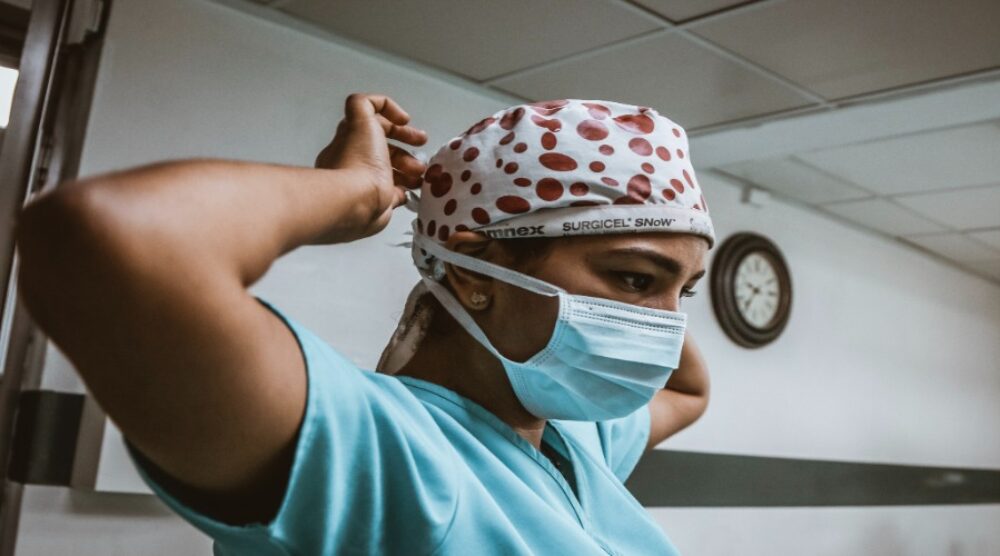SARA E DAVIES, SHARMAN STONE AND JACQUI TRUE |
COVID-19 shutdowns have had a major impact on women’s access to security, economic resources and health services..There is an urgent need to assess the impact of the restrictions on the humanitarian, security and rights-based sectors, including the practitioners on the frontline who seek to safeguard women’s rights. In all societies, women and girls experience unequal gender norms (with the extent of this inequality influenced by additional factors such as ethnic, sexual minority and socio-economic status). Like conflicts and disasters, pandemics disproportionately affect women.
We mapped the early impacts of the pandemic on those working with vulnerable communities via a regional survey, so that policymakers and donors could be better informed as they prepare strategies to contain Covid-19 and address its human security effects in the Indo-Pacific region. Responses to the survey gave voice to those working as human rights defenders (both women and men) of vulnerable women and their dependents, already struggling with prolonged conflict or extreme poverty before the COVID-19 crisis.
This first comprehensive review of the impacts of Covid-19 on women, peace and security agencies (WPS) and their workers across the Indo-Pacific conducted by Monash Gender, Peace and Security Centre (GPS) was completed on 11 May. It included WPS agencies that advocate and deliver services related to human rights, promote equality, deliver sexual and reproductive health services, support education and economic development, oppose gender-based violence and seek to uphold law and justice. The survey targeted 29 countries, was translated into 13 languages and received 139 complete responses.
Please click here to read the full “Mapping the cost of the pandemic to women in the Indo-Pacific” article published at The Interpreter, written by Professor Sara Davies (Griffith University), Dr Sharman Stone (Monash University) and Professor Jacqui True (Monash University)








